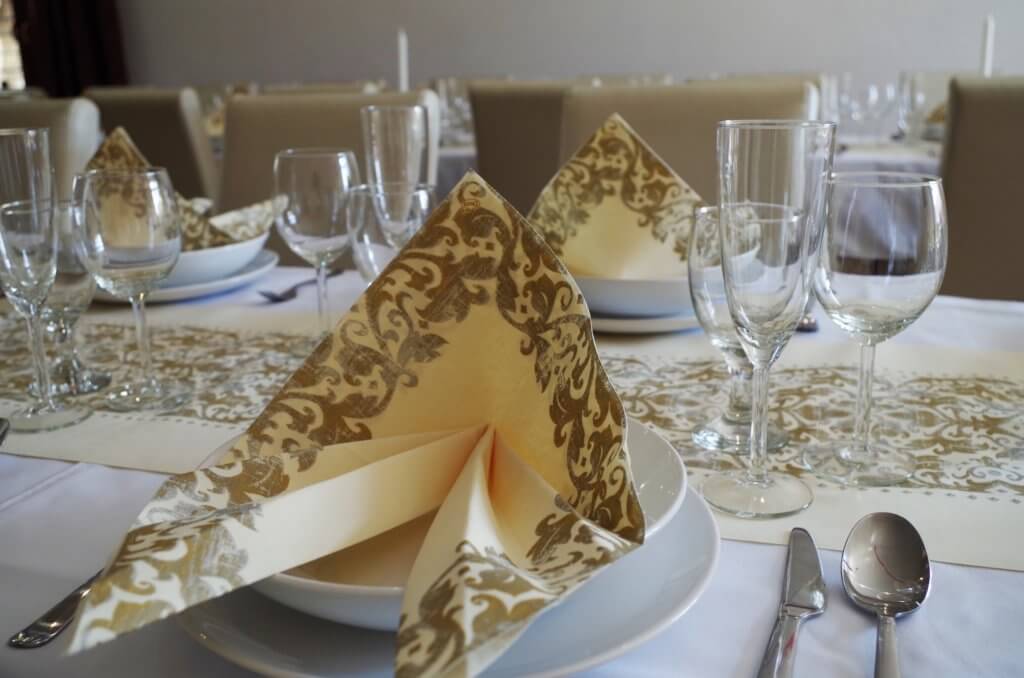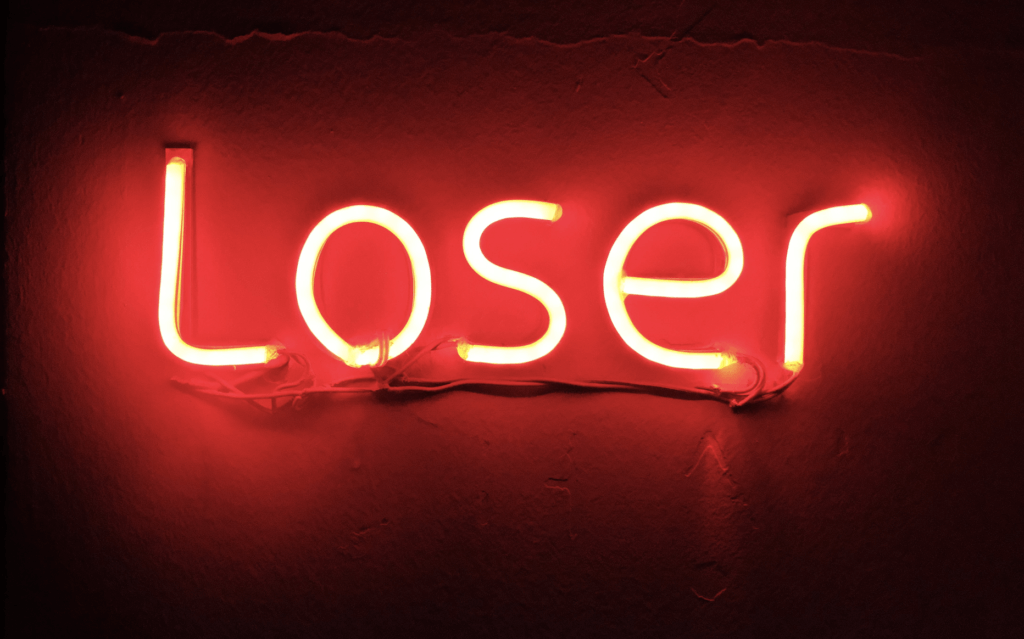In Book III of his Metamorphoses, the ancient Greek poet Ovid tells the story of Narcissus, the child of a naiad, Liriope, and the river-god Cephisus. Narcissus was “most beautiful” but had a “pride so fierce no boy, no girl, could touch him.”
One day a rejected youth prayed for Narcissus to get his comeuppance, and Nemesis, the Goddess of Vengeance, “judged the plea was righteous.” So she cursed Narcissus to fall in love with his own reflection in a pool. Narcissus endlessly stared at the pool, even pressing his lips to the water to kiss his own image. But “the vision is only shadow, only reflection, lacking any substance.”
Eventually, Narcissus figured out what was going on: “The truth at last. He is myself! I feel it, I know my image now. I burn with love of my own self; I start the fire I suffer.” But it was too late. “As the white frost is gone in morning sunshine, Narcissus, in the hidden fire of passion, wanes slowly . . . fading away.”[1]
This of course is the origin of the Klingon expression “revenge is a dish best served cold.” See Star Trek II: The Wrath of Khan (Paramount 1982). It’s also where we get the term narcissism, which Webster’s defines as “excessive interest in or admiration of oneself and one’s physical appearance.”
Narcissistic personality disorder
The Greek myth of Narcissus is also the origin of a modern medical term: Narcissistic personality disorder. As with any psychological condition, it is largely a matter of degree, and there is no single dispositive factor.
But while there is no single defining characteristic of narcissistic personality disorder, the Mayo Clinic publishes this list of symptoms. I’ve grouped them into four categories:
What a narcissist thinks about himself
- “Inflated sense of their own importance”
- “Have an exaggerated sense of self-importance”
- “Have a sense of entitlement”
- “Believe they are superior and can only associate with equally special people”
- “Fragile self-esteem that’s vulnerable to the slightest criticism”
What a narcissist desires from others
- “Require constant, excessive admiration”
- “Expect to be recognized as superior even without achievements that warrant it”
- “Expect special favors and unquestioning compliance with their expectations”
- “Insist on having the best of everything – for instance, the best car or office”
How a narcissist feels about others
- “Lack of empathy for others”
- “An inability or unwillingness to recognize the needs and feelings of others”
- “Envious of others and believe others envy them”
How a narcissist treats others
- “Troubled relationships”
- “Exaggerate achievements and talents”
- “Monopolize conversations and belittle or look down on people they perceive as inferior”
- “Expect special favors and unquestioning compliance with their expectations”
- “Take advantage of others to get what they want”
- “Behave in an arrogant or haughty manner, coming across as conceited, boastful and pretentious”
One more thing. Narcissists tend to be of a certain gender. But I won’t open that can of worms here.
I just want to distill the essence of narcissism and figure out if being a narcissist makes one a better lawyer. Because I’m a lawyer, and I like distilling essences.
I think the essential features of a narcissist are the same flaws the mythical Narcissus had: excessive self-love and excessive pride. In the workplace, these essential features of narcissism manifest as (1) an excessively high opinion of one’s abilities in relation to others and (2) excessive concern for getting credit from others.
Now that we’ve got a more precise working definition of narcissism, we can figure out if narcissists make better lawyers.
Are narcissists better lawyers?
The short answer is no. I don’t think narcissists make better lawyers.
But all else being equal, I’d bet that narcissists make more successful lawyers.
I posed a similar question in my post Are “Aggressive” Litigators More Effective? In both cases, the difficulty is disentangling the trait at issue from other traits that tend to coincide with it.
So first let’s separate narcissism from some positive traits it often accompanies: ambition, drive, boldness, to name a few. Those things can make you a more effective lawyer, but you can have them without being a narcissist.
So the question becomes: is a narcissist likely to be a better lawyer all else being equal? Assume two lawyers have the same experience, talents, and intelligence, but only one of them is a narcissist. Would you pick the narcissist to be your lawyer?
When we put it this way, I say no, for three reasons.
First, the narcissist’s inflated sense of self-importance is not helpful to the kind of work lawyers typically do. Despite what you see in movies and TV shows, good lawyering is not all bluster and bluffing. It takes discipline, organization, and diligence. The lawyer who thinks he’s hot shit—pardon my French—is less likely to be patient and methodical.
Second, narcissists just rub people the wrong way. A pompous or arrogant lawyer is usually a less persuasive lawyer.
Third, at the risk of mixing ancient Greek metaphors, lack of empathy is the narcissist’s Achilles’ heel. This is not to say that narcissists don’t get what makes people tick. I would bet the narcissist is better than most at understanding how to manipulate people. But the narcissist doesn’t really understand—or care—how other people feel. And that’s a big disadvantage. Excellent lawyers have a keen ability to put themselves in the other guy’s shoes.
But if I’m right, why does it seem like so many successful lawyers are narcissists?
Adam Grant may have some answers. He’s the top-rated professor at the Wharton School of Business and has written extensively on personality types in business leadership. In his article Tapping into the power of humble narcissism, Grant says “narcissists are more likely to rise up the ranks of the corporate elite and get elected to political office.” He chalks this up to the fact that people are drawn to the confidence that narcissists exude.
So should we strive to be more narcissistic to get ahead? Not necessarily. Grant touts a kinder, gentler version of narcissism: “Humble narcissists bring the best of both worlds: they have bold visions, but they’re also willing to acknowledge their weaknesses and learn from their mistakes.”
Makes sense to me. But to paraphrase another ancient text, what does it profit a man to be a narcissist, if he loses his own soul? On this question I think it’s useful to consult another ancient Greek, one who is less entertaining than Ovid, but perhaps more insightful.
Is narcissism a character virtue?
In his bestselling Nichomachean Ethics, Aristotle doesn’t address narcissism per se, but he does discuss vanity.
Vanity comes up in the course of Aristotle examining the major character virtues. Aristotle sees each virtue as a mean between two opposite vices. So, for example, with respect to how one responds to danger, the two extremes are cowardice and foolhardiness. Courage is the golden mean between them.
When it comes to claiming external rewards for oneself, vanity is the obvious vice:
Vain people . . . are foolish and do not know themselves; and they make this obvious. For they undertake commonly honored exploits, but are not worthy of them, and then they are found out. They adorn themselves with clothes and ostentatious style and that sort of thing; and since they both wish for good fortune and wish it to be evident, they talk about it, thinking it will bring them honor.
It’s easy to understand why vanity is a vice. But what’s the opposite of vanity? Aristotle uses a word usually translated as “pusillanimity,” which means timid or cowardly, but that’s really not the opposite of vanity, is it?
No, we don’t have a simple modern English word for the opposite of vanity. And that tells us something: we don’t think of the absence of vanity as a character flaw.
Aristotle, on the other hand, thought failing to claim the honor you deserve is a real character defect:
For the pusillanimous person is worthy of goods, but deprives himself of the goods he is worthy of, and would seem to have something bad in him because he does not think he is worthy of the goods. Indeed he would seem not to know himself; for if he did, he would aim at the things he is worthy of, since they are goods. For all that, such people seem hesitant rather than foolish.
But this belief of theirs actually seems to make them worse. For each sort of person seeks what [he thinks] he is worth; and these people hold back from fine actions and practices, and equally from external goods, because they think they are unworthy of them.
While we don’t tend to fault people for a lack of vanity, we can at least grasp Aristotle’s point. We see a version of this idea in contemporary self-help advice for professionals, especially women. See, for example, the bestseller Knowing Your Value: Women, Money, and Getting What You’re Worth by Mika Brzezinski.
So, while we don’t like vanity, we understand why hesitating to claim the “external goods” you are worthy of is a problem.
But don’t most people–men and women–have the opposite problem? You see this sentiment in the clichéd lament that Millennials are too “entitled.” And it’s not just Generation Y. It feels like it’s human nature to claim more than you deserve, not less. So you’d think vanity would be more common than pusillanimity, and worse.
But surprisingly, Aristotle says precisely the opposite. He claims that pusillanimity arises more often, and is worse.
To understand why, consider what lies between vanity and pusillanimity. Remember, Aristotle defines each character virtue as a mean between two vices. In this case, the Greek word for the mean between vanity and pusillanimity is megalopsychia.
This word is often translated as “magnanimity,” which Webster’s defines as generous or high-minded. A more literal translation is “greatness of soul” (megalo = great, psychia = soul). This better captures what Aristotle means, but “great-souled-ness” is kind of awkward, so I’ll stick with “magnanimity.”
“The magnanimous person,” Aristotle says, “seems to be the one who thinks himself worthy of great things and is really worthy of them.” So far, this sounds ok to our modern ears, though maybe a little elitist.
But then Aristotle goes a step further. The thing the magnanimous person is most concerned about claiming is honor, “the greatest of the external goods.” “Hence the magnanimous person has the right concern with honors and dishonors.”[2]
Now he’s gone too far. This “magnanimous” person sounds a little, dare I say, narcissistic.
Today the prevailing attitude about claiming honor is more egalitarian. Yes, we want people who have traditionally been oppressed to claim more external rewards. Know your worth! But at the same time, we bristle at the notion of “great” people claiming great honors. Who do they think they are?
I have to admit my bias tends to run in this direction too. But that’s all the more reason to ponder Aristotle’s view that magnanimity is a virtue and pusillanimity a greater vice than vanity. If you’re hard-wired not to make a big a deal about your own accomplishments, maybe you’re not “living your best life.” You may need to compensate by watching how successful narcissists do it.
Learn how to claim credit. Just don’t stare too long at your own reflection.
_______________________

These are his opinions, not the opinions of his firm or clients, so don’t cite part of this post against him in an actual case. Every case is different, so don’t rely on this post as legal advice for your case.
[1] Translation by Rolfe Humphries (Indiana University Press 1983).
[2] Translation by Terence Irwin (Hackett 1985).




Comments:
Thanks for sharing such a great information, it is really helpful. Keep up the work.
You’re welcome. Thanks for reading!